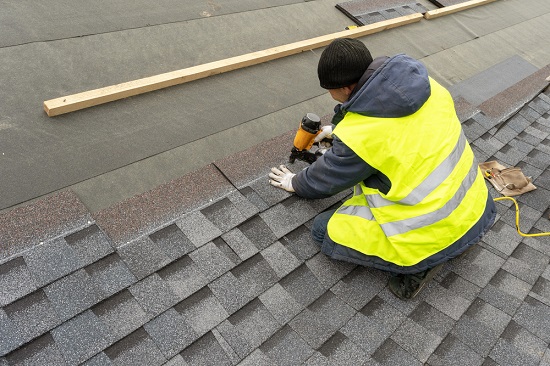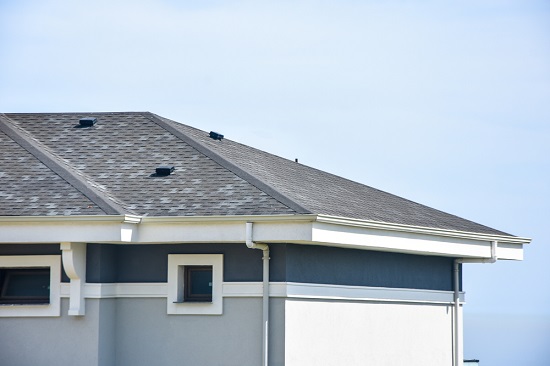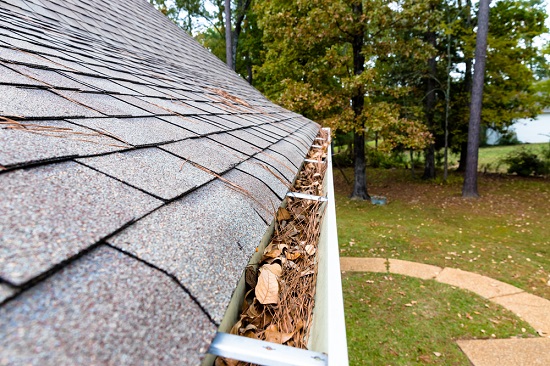
There are many things to consider when remodeling a home or repairing a roof. However, homeowners might overlook the possibility of being scammed by a roofing contractor. Scammers can take many forms: they may overcharge for work or materials or accept payment only to disappear without beginning any work.
How can consumers avoid falling for these roofing scams and how can they protect themselves? This guide will help you identify and avoid scams when working with contractors.
Keep Shady Roofing Contractor At Bay
There are several warning signs that you should be aware of when you hire a roofing contractor in Myrtle Beach to do a job for you.
A contractor approaching you to offer their services to repair a damaged area of your house is a red flag. This is a red flag as a thorough roof inspection is required to determine the extent of damage to your roof. Do not pay a roofing contractor to repair your roof without first inspecting it and calling your insurance company.
Here are some additional red flags you should be aware of when approaching or looking for a contractor.
- Warning Signs for Contractor Scams
- Without credentials, goes door-to-door in search of business
- Pressures you to decide immediately
- Accepts cash only or requests a large deposit
- You can get a special rate if you pay all cash or sign the agreement immediately.
- The bid is far lower than other estimates
- Specials on “leftover” materials
- Unable to verify the physical address
- You will be asked to obtain the necessary permits
- Can’t Provide Any References
- You are not allowed to provide insurance or a license.
There are many scams that can happen while the project is in progress. These include problems such as an unusually close relationship between the roofer, subcontractor or vendor, which could lead either to kickbacks, or bid-rigging. A roofing contractor who refuses to share the duties of others on the project, or insists on keeping all the control, is another sign to look out for.
Most Common Scams involving Contractors
Contractor scams can be applied to any part of the house, but they are more prevalent in certain areas. These scams usually involve exterior repairs, which are difficult for homeowners to see like the roof.
Sometimes, it has been proven that the contractor caused the damage when they inspected the affected area of the house or another nearby.
This could be done by a contractor who inspects the roof for damage after they have removed shingles. If they find more damage, they will then need to repair it.
Are there other forms of contractor fraud that you should be aware of? Here is a list of the most common types.
Driveway sealing: Although contractors will give a substantial discount, the material they use for the job is not durable and can be reapplied in a matter of months.
Roof Repair: Contractors may offer to hot-tar roofs at a greatly discounted price. However, the materials used to do so will be of lower quality and will cause roof leaks when it rains. These scams are often offered in the dry season so that homeowners realize the roof was not properly installed.
Chimney Repair: Contractors use a variety of methods to scam customers into repairing their chimneys. Contractors may offer chimney cleanings at a discounted rate and then remove bricks to make the chimney appear damaged or decayed. Another scam involves claiming that they have seen indications of possible carbon monoxide poisoning and are offering to clean the chimney immediately.
Storm-Chasing: It is a type of contractor fraud that occurs after a storm passes through an area. This includes roof damage. Storm-chasers can ask for payment upfront, or cash in on homeowners’ insurance. Then they will leave you with incomplete or poor work.
How to find a reputable contractor:
- It can seem overwhelming to find a trustworthy contractor in this industry. However, there are steps you can take. Here are some tips to help you find a contractor near you:
- You should look for a roofer that is a part of a well-respected company.
- For information on reputable roofing companies, contact local trade groups.
- Ask friends and family for recommendations.
- For the best results, make sure you find a contractor who specializes in the work that you require.
- After narrowing down your list of contractors, ensure that you thoroughly vet any potential contractors. Below is a list of steps you should take to vet a contractor.
Here are some steps to take when you’re looking for a contractor:
- See public reviews on Google.
- Ask for references from material suppliers; contractors who are reputable tend to have a long-standing relationship with their suppliers. An old contractor-supplier relationship could indicate a problem.
- Ask for their references and, if possible, inspect the work of the contractor.
- To ensure that your contractor’s license remains current, you should research the licensing requirements in your area. To see which type of license is required for general contractors in your state, look through the requirements.
- Visit your local licensing department to ensure that they have a valid license and are not making use of another contractor’s credentials.
- You can conduct a thorough investigation of complaints against the company through places such as the BBB, local community boards or an online search of their name and contractor.
Call Greg Lilly Roofing & Restoration now if you’re looking for a reputable roofer in your area.
Greg Lilly Roofing & Restoration
4201 Carolina Exchange Drive Suite 202
Myrtle Beach, SC 29579
843-222-9796
https://www.greglillyroofingandrestoration.com



 Inadequate maintenance can lead to a smaller problem that becomes larger. It takes little effort, time and money to do preventative maintenance that homeowners can complete in a weekend. A great way to clean your roof of leaves, moss and algae is power-washing it.
Inadequate maintenance can lead to a smaller problem that becomes larger. It takes little effort, time and money to do preventative maintenance that homeowners can complete in a weekend. A great way to clean your roof of leaves, moss and algae is power-washing it.
 The roof will eventually give out, either because of natural causes or age. Panic is the next thing that you should do. We can't do anything but accept that a
The roof will eventually give out, either because of natural causes or age. Panic is the next thing that you should do. We can't do anything but accept that a 
 People who live in hot climates love to share their weather reports and information with those who live in colder climates. At the very least, that's what they want to do during winter. But, once summer arrives and their air conditioners fail to keep the temperature comfortable, they don't feel as excited about their sunny, bright days. You may be quick to point fingers at your old air conditioner for high temperatures in your home. But, your
People who live in hot climates love to share their weather reports and information with those who live in colder climates. At the very least, that's what they want to do during winter. But, once summer arrives and their air conditioners fail to keep the temperature comfortable, they don't feel as excited about their sunny, bright days. You may be quick to point fingers at your old air conditioner for high temperatures in your home. But, your 